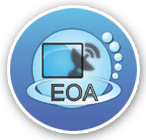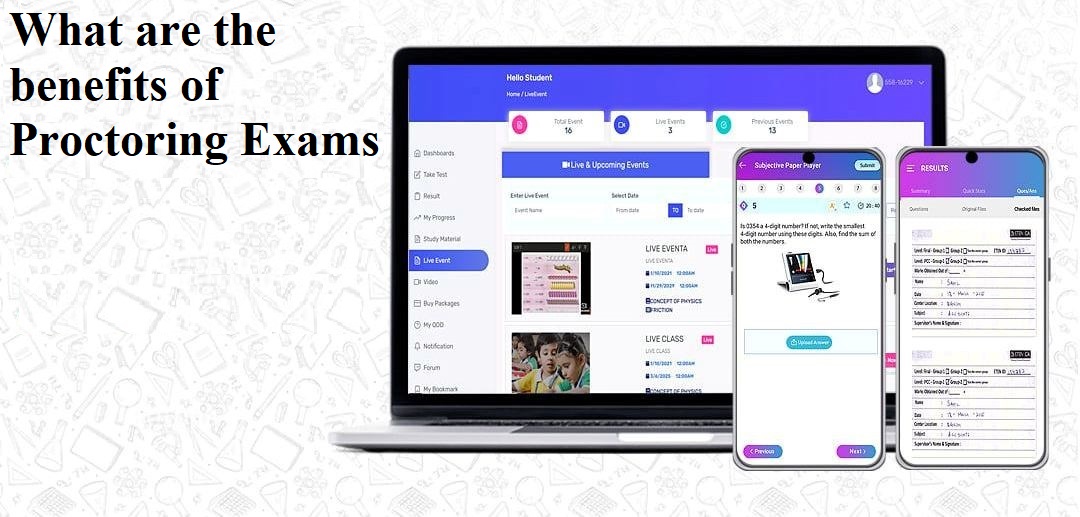Traditionally, proctoring was done in-person, with a designated individual called a proctor physically present in the exam room. However, with the rise of online education and remote exams, proctoring has also evolved to include remote or Online proctoring methods.
Challenges of Proctoring:
Privacy Concerns: Proctoring often involves the use of technology such as webcams and microphones to monitor students. This can raise privacy concerns as students may feel uncomfortable being monitored in their personal spaces.
Technical Issues: Technical difficulties can occur during remote proctoring, including software compatibility issues, network disruptions, or inadequate hardware. Such issues can disrupt the exam experience and create frustrations for both students and proctors.
Bias and Fairness: Proctoring technologies rely on algorithms and AI to detect potential cheating behaviors. However, these systems may have inherent biases or false positives, leading to unfair treatment or accusations of misconduct against certain individuals or groups.
Student Anxiety: Some students may experience heightened anxiety during proctored exams, knowing that they are being continuously monitored. This anxiety can negatively impact their performance and overall exam experience.
Benefits of Proctoring:
Maintaining Academic Integrity: Proctoring helps ensure that exams are conducted fairly and that students are assessed based on their own knowledge and abilities, minimizing the chances of cheating.
Deterrence: The presence of proctoring measures acts as a deterrent to potential cheaters, as the risk of being caught and facing consequences can discourage dishonest behavior.
Standardization: Proctoring helps maintain consistent exam conditions and ensures that all students are subject to the same rules and regulations during the assessment process.
Remote Accessibility: Online proctoring enables remote exams, allowing students to take exams from anywhere, which can be beneficial for those who cannot physically attend exams due to geographical or logistical constraints.
Academic Accreditation: Proctored exams can provide a higher level of credibility and assurance to academic institutions, accrediting bodies, and employers, as they demonstrate a commitment to maintaining exam integrity.
It's important for educational institutions and organizations to consider the balance between maintaining exam security and addressing the concerns and limitations associated with proctoring methods. Providing clear guidelines, ensuring transparency, and offering alternative assessment options can help mitigate some of the challenges and promote a fair and inclusive testing environment.







